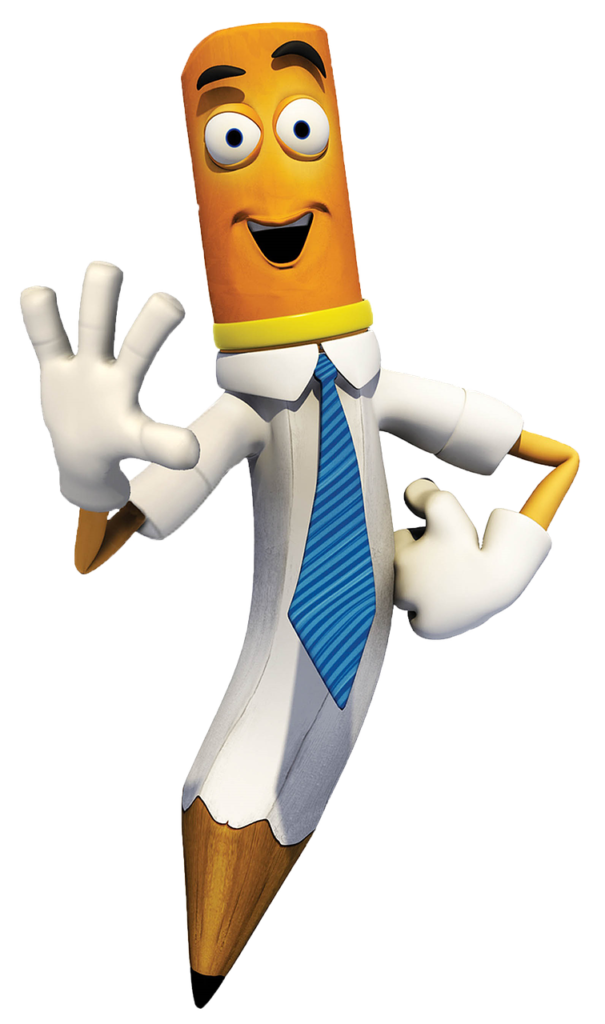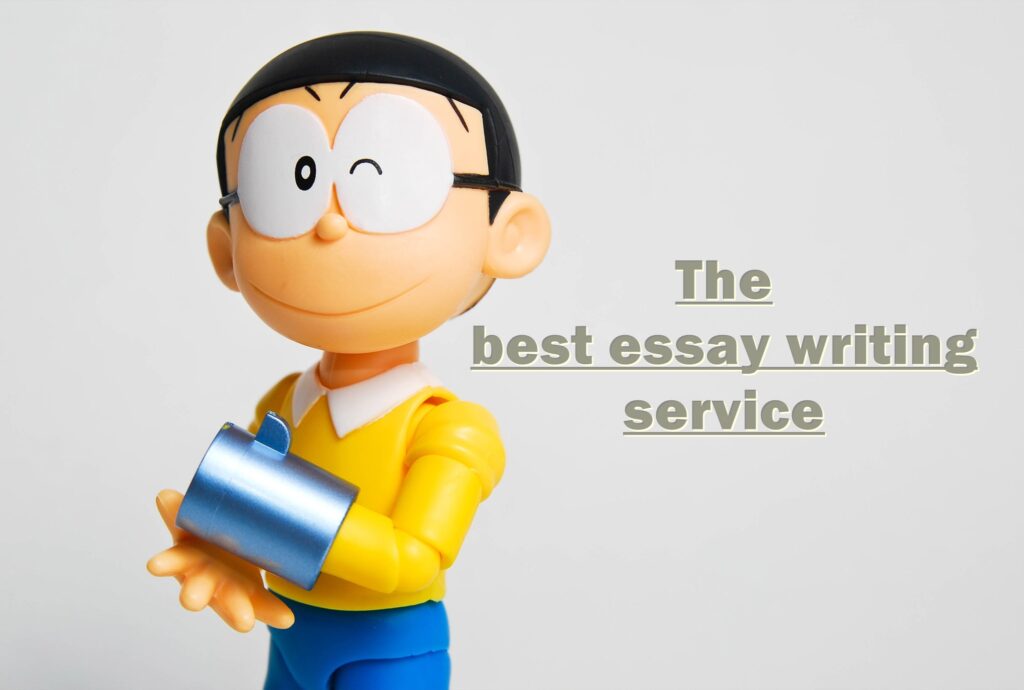An essay on problem-solving and decision making is an academic paper that explores the process of identifying and addressing problems, as well as making decisions to solve those problems. This type of essay typically discusses various approaches and techniques for problem-solving and decision making, including analytical and creative problem-solving methods, decision-making models, and problem-solving tools such as root cause analysis, SWOT analysis, and decision trees. The essay may also explore the role of critical thinking, intuition, and cognitive biases in problem-solving and decision making, as well as the influence of organizational culture and leadership on these processes.
Additionally, the essay may discuss the ethical implications of problem-solving and decision making, particularly when it comes to balancing competing interests and values. The aim of the essay is to provide insights into effective problem-solving and decision-making strategies that can be applied in various contexts, from individual decision-making to organizational problem-solving.

Essay on problem-solving and decision making
What is problem-solving skills
Problem-solving skills are the ability to identify and solve problems effectively and efficiently. It involves a range of cognitive skills, such as critical thinking, analysis, decision-making, and creativity. Solving problems usually involves several steps, such as defining the problem, gathering information, generating potential solutions, evaluating each solution, and choosing the best course of action. Good problem-solving skills are essential for individuals in various settings, such as in personal life, education, and the workplace.
In the workplace, problem-solving skills are fundamental as they enable employees to resolve issues and improve processes. They can help find new and innovative solutions to problems, leading to increased efficiency and productivity. In education, problem-solving skills are also crucial as they help students to think critically and creatively and to develop their own solutions to problems.
Problem-solving skills can be developed and improved through practice, education, and training. For example, individuals can practice solving problems in their personal life or take courses to develop their critical thinking and decision-making abilities. In addition, organizations can provide training and support to help employees develop their problem-solving skills. Here is an example of a course to develop one’s critical thinking abilities.
Problem-solving skills are a vital component of personal and professional development. They enable individuals to identify and resolve problems effectively, which can lead to improved outcomes in various settings. Below is a sample essay on problem-solving and decision making
Essay on problem solving skills
Introduction
Each day in our lives, we make different decisions, big or small, because we are flooded with decisions. During decision-making, various factors play along. These factors significantly affect the outcome of an individual’s decision. In their research, Lăzăroiu et al. (2020) refer to heuristic as a framework through which good decisions are easily and quickly made. In my case, I am making career decisions that may be affected in so many ways. I understand that significant aspects of critical thinking are the factors influencing decision-making together with a heuristic.
Factors affecting decision making
Cognitive biases influence people’s decision-making by relying too much on or lending much credence to past knowledge and expected observations. At the same time, dismiss observations or information perceived as uncertain without looking at the bigger picture. Although cognitive bias may sometimes result in decisions, it can enable people to make proper and efficient decisions with heuristics assistance (Lăzăroiu et al., 2020). The most common types of cognitive bias include overconfidence, anchoring, the halo effect, and confirmation bias. Therefore, cognitive bias can significantly harm my career decision-making process.
In addition to cognitive bias, the belief in personal relevance greatly influences decision-making. For example, people tend to decide when they believe and are convinced that what they decide matters. Acevedo & Kruger (2004) critically examined voting patterns in the USA. The authors concluded that individuals only vote more willingly when they believe they share the outcomes, and their opinion is suggestive of the overall population. In other words, people must first be convinced to believe that their vote counts to vote. Career decision-making, for example, is one crucial decision in each individual’s life. If one is not careful in the process, cognitive bias and personal relevance can lead to a negative outcome.
Need a custom ‘problem-solving skills essay?’ Cheap assignment helper is here for you!
Describe your problem solving skills
I am a young, ambitious individual in his mid-20s who is driven and always looking for new challenges to conquer. I embrace challenges because I see them as opportunities to learn and grow. I am a quick learner, adaptable, and with a positive attitude toward life. One of my strongest assets is my problem-solving skills. I have developed these skills over time through education, work experiences, and personal life.
My approach to problem-solving starts with identifying the problem and defining it clearly. I then proceed to gather all relevant information and data to help me understand the problem better. I am well-skilled in using various tools and techniques to analyze data and come up with potential solutions. I always think outside the box and generate creative solutions to problems thanks to my creativity.
I never rush to action without assessing its probable repercussions. As a result, whenever I have identified viable solutions, I evaluate each one carefully to determine the best course of action. One can ensure they always pick the best action to take by considering the risks and benefits of each solution, as well as its feasibility and potential impact. Another crucial aspect that helps me decide on the best course of action is involving others in the decision-making process when appropriate and taking their perspectives into account.
My problem-solving skills are not limited to my professional life, as I apply them in my personal life, where there are a variety of challenges. For example, recently, I was insulted by my next-door neighbor over allegations that I had been littering her backyard. The approach that the neighbor took to confront me was unwise, and had I reacted similarly; things would have escalated and taken an ugly turn. Fortunately, I was able to calm the situation and solve the matter. In this scenario, my ability to manage emotions and remain calm and focused came in handy.
Being able to stay calm and focused even in stressful situations helps me to work well, even under pressure.In stressful situations, I come up with solutions quickly and effectively, and with my good communication skills, I can explain complex problems to others and build support for solutions.
I can confidently say that my problem-solving skills have helped me to advance quickly in my career. I am seen as a valuable asset by colleagues and managers, and they have often called upon me to help resolve complex problems. My positive attitude and willingness to take on challenges have also earned me the respect and admiration of those around me.

Steps to take to improve one’s decision-making skills
The Decision-making process is critical, and one can never get enough education on the same. To improve your skills in this area, Klein & Crandall (2018) analyzed steps that might be of importance:
- Identification of decision – identification of decision is the first and most critical step. The nature of the decision that an individual is about to make must clearly be defined; when they realize they need to make a decision.
- Gathering relevant information – collecting pertinent information from the best available source is essential. Since some information is internal while others are external, the step involves internal and external assignment – internal through the self-assessment process and external through other sources, other individuals, and books.
- Identifying the alternatives – during identification, it is expected that several paths of action will be identified. Therefore, all desirable and possible alternatives will be listed in this step.
- Weighing of the evidence – this is considered a very critical step of the process. This is where you draw the available information, and your emotions envision the outcome if you proceed with the alternative until the end. While going through the internal process, you will realize that some options are more favorable than others. These are the ones with a greater probability of searching for your goal. Put the alternatives in the order of priority based on your judgment and evaluation.
- Select the best from the alternatives and take action – after the weighing process, an option that best suits you can be chosen, and action is taken for its implementation. Additionally, reviewing the decision made and its consequences is recommended by checking if it has resolved your need.
Importance of problem solving and decision-making skills in life and workplace
Problem-solving and decision-making skills are essential for success in both personal and professional life. Here’s why:
- Improved outcomes: Effective problem-solving and decision making skills enable individuals to identify and resolve problems more effectively, leading to improved outcomes in various settings.
- Increased efficiency and productivity: In the workplace, good problem solving skills can help to improve processes and increase efficiency and productivity. This can lead to increased success for both the individual and the organization.
- Effective communication: Good problem-solving and decision-making skills often involve effective communication and collaboration with others. This helps to build strong relationships and improves teamwork and cooperation.
- Better decision-making: Good decision making skills allow individuals to make informed and effective decisions, which can have a significant impact on their personal and professional life.
- Improved adaptability: Problem-solving and decision-making skills also help individuals to adapt to new and changing situations, making them more resilient in the face of challenges.
- Career advancement: In the workplace, strong problem-solving and decision making skills can lead to career advancement and greater job security. Individuals with these skills are often in high demand and are valued by employers.
- Personal growth: Problem-solving and decision-making skills also contribute to personal growth and development. By continually challenging oneself to identify and solve problems, individuals can grow and improve their abilities over time.
Conclusion
Each day in our lives, we are constantly flooded with decisions. During the decision-making process, various factors affect the outcome and the heuristic. These factors include cognitive bias, personal relevance, and many more. However, multiple steps can significantly improve one’s skills, including identification of a decision, gathering relevant information, identifying the alternatives, and weighing the evidence so that the best option can be selected before an action is taken. Problem-solving and decision-making skills are essential for success in both personal and professional life. They help individuals to identify and resolve problems effectively, improve processes, make informed decisions, and adapt to new and changing situations. These skills can be continually improved with practice and development, leading to greater success and personal growth.
References
Acevedo, M., & Krueger, J. (2004). Two Egocentric Sources of the Decision to Vote: The Voter’s Illusion and the Belief in Personal Relevance. Political Psychology, 25(1), 115-134. https://doi.org/10.1111/j.1467-9221.2004.00359.x
Klein, G., & Crandall, B. (2018). The Role of Mental Simulation in Problem Solving and Decision Making. Local Applications Of The Ecological Approach To Human-Machine Systems, 324-358. https://doi.org/10.1201/9780203748749-11
Lăzăroiu, G., Neguriţă, O., Grecu, I., Grecu, G., & Mitran, P. (2020). Consumers’ Decision-Making Process on Social Commerce Platforms: Online Trust, Perceived Risk, and Purchase Intentions. Frontiers In Psychology, 11. https://doi.org/10.3389/fpsyg.2020.00890
Pingback: Essay about organizational behavior -
Comments are closed.